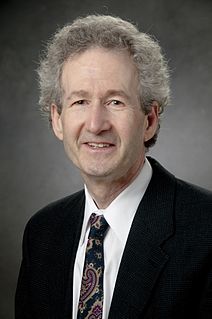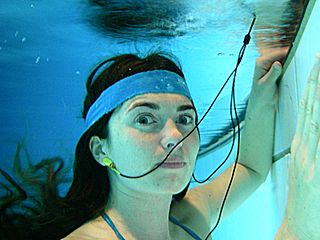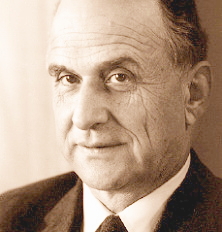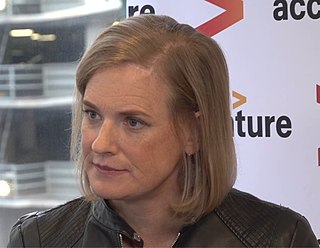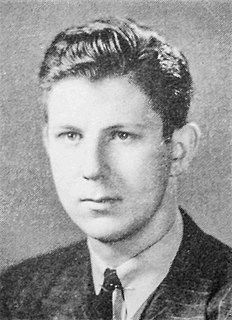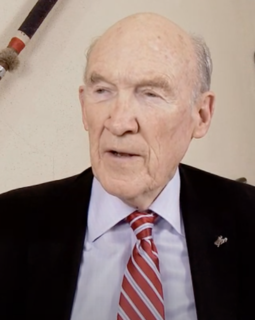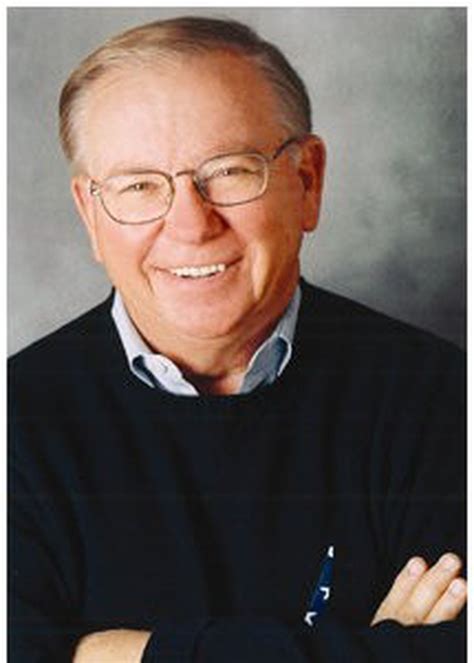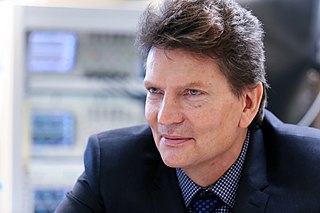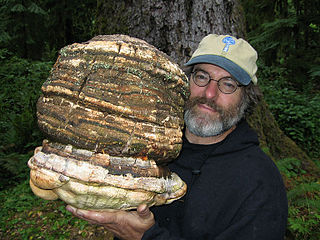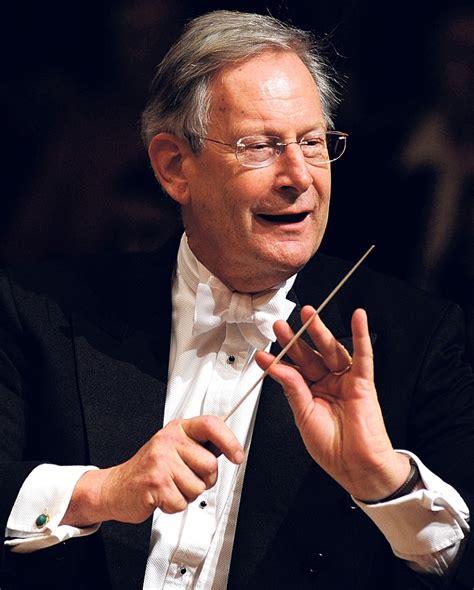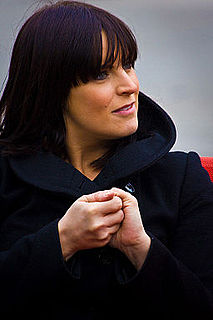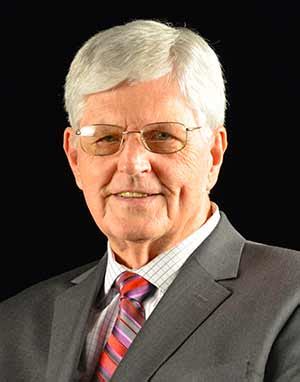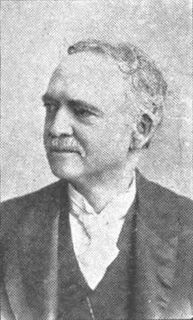Top 414 Cognitive Dissonance Quotes & Sayings - Page 4
Explore popular Cognitive Dissonance quotes.
Last updated on April 21, 2025.
Art knows no happier moment than the opportunity to show the symmetry of an extreme, during that moment of spheric harmony when the dissonance dissolves for the blink of an eye, dissolves into a blissful harmony, when the most extreme opposites, coming together from the greatest alienation, fleetingly touch with lips of the word and of love.
The dissonance that I felt daily flew in the face of what Silicon Valley says about itself: that it is a meritocracy, that it values intelligence and creativity, that everyone has a fair shot if they just work hard enough. This was true only if you were technical, and even that may not always be enough: in the age of the social network, who you know and who your friends were was becoming increasingly important.


